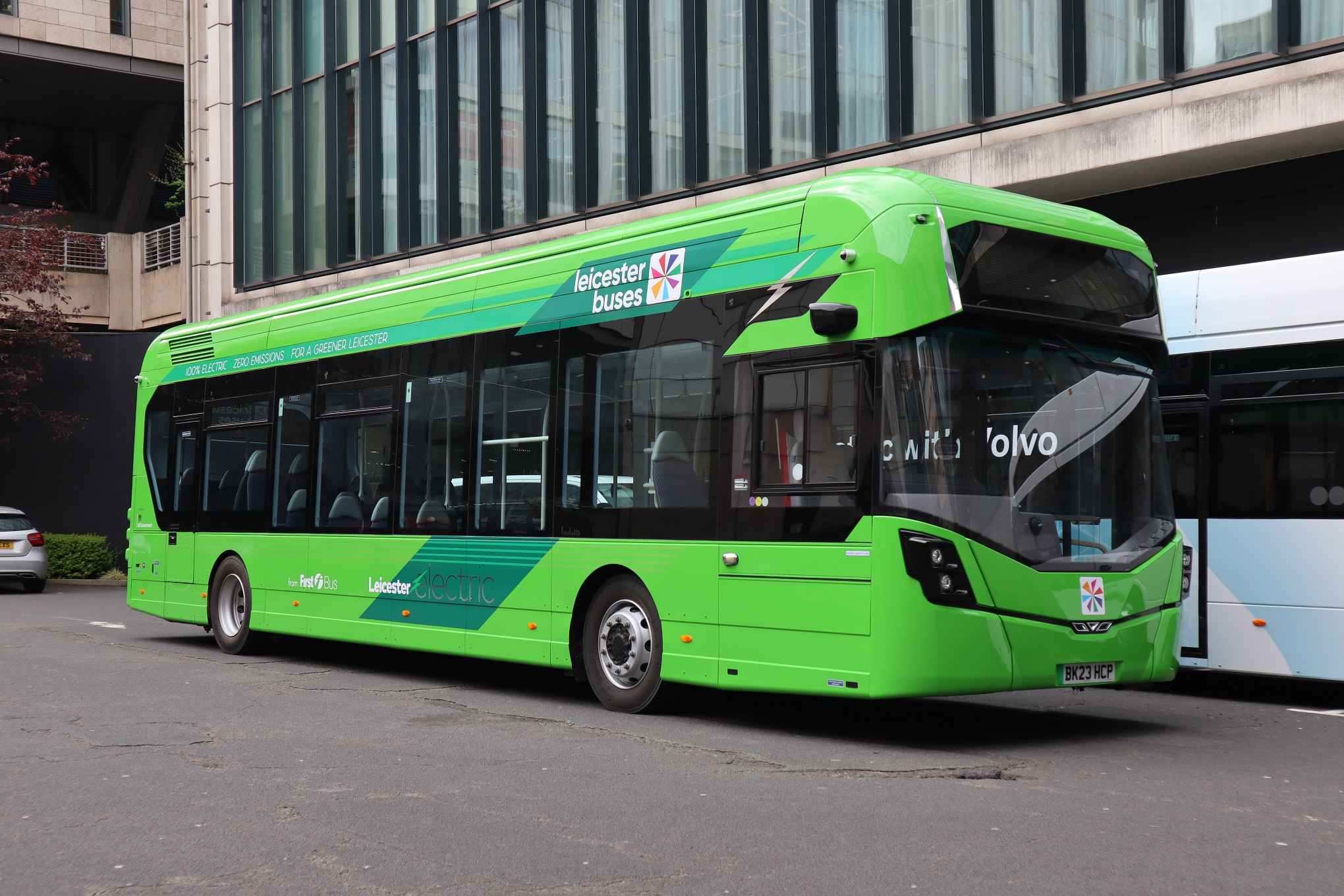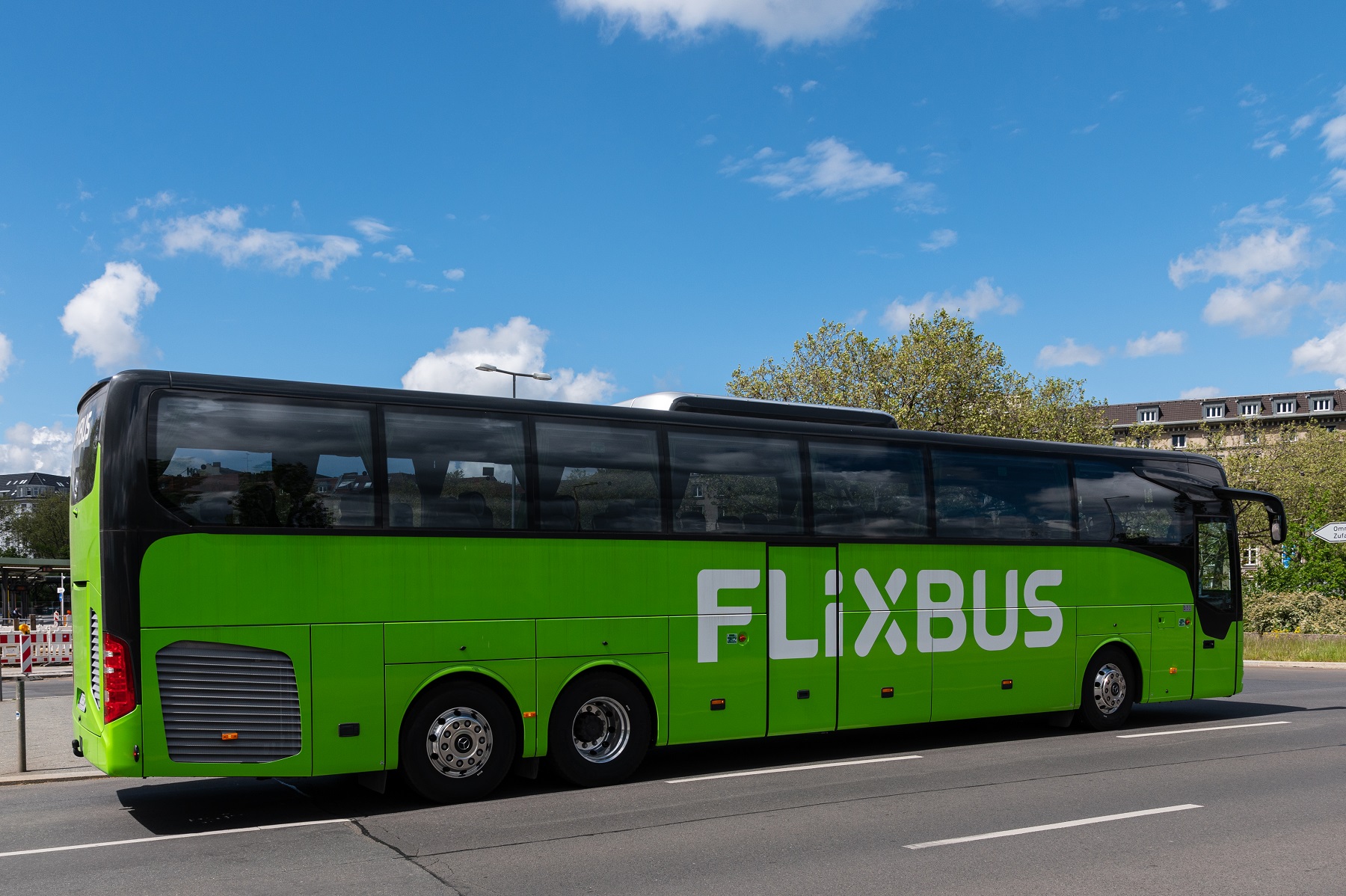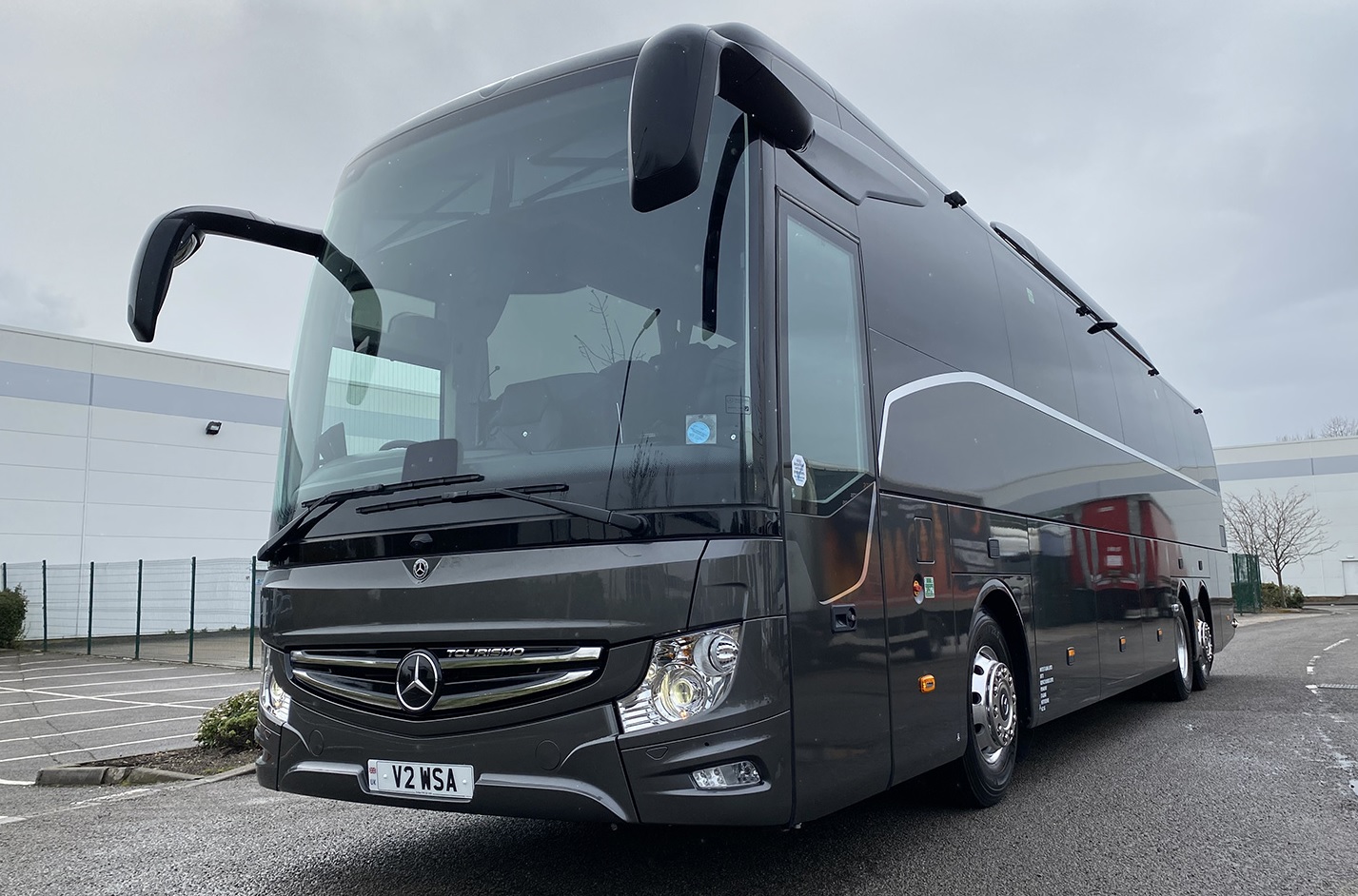Wrightbus says that successful completion of the Zero Emission Bus (ZEB) accreditation scheme by its GB Kite Electroliner battery-electric single-decker has shown that the model is “the most efficient on the UK’s roads” in its class.
Certification of the GB Kite Electroliner as a ZEB has been undertaken by Zemo Partnership at UTAC Millbrook in a process that is key to claiming national and devolved government funding towards zero-emission buses.
Two certificates have been posted on Zemo’s website confirming energy efficiency. With 340kW/h of battery storage, the GB Kite Electroliner returned an average of 0.66kW/h per km across the test. In 567kW/h form, that figure was 0.67kW/h per km. Well-to-wheel greenhouse gas savings over a comparable Euro VI diesel are 86% and 83%, respectively.
Wrightbus says that such returns are significantly lower than comparable rival models. The figures follow certification of the StreetDeck Electroliner via the ZEB scheme. With 340kW/h of storage, the battery-electric double-decker’s average consumption across the testing was 0.68kW/h per km. With 454kW/h of installed power it was 0.75kW/h per km.
The first production Wrightbus GB Kite Electroliner models to enter service did so recently with First Leicester. They are part of two large orders for Wrightbus battery-electrics from First Bus that are supported by various successful Zero Emission Bus Regional Areas bids in England.
Speaking about the results from Zemo’s ZEB certification process, recently-installed Wrightbus Chief Executive Jean-Marc Gales says: “We are rightly proud that our StreetDeck Electroliner is recognised as the world’s most efficient electric double-deck bus, and we have taken that technology into the development of our single-decks.
“The GB Kite, which we unveiled at the end of 2021, shares 85% of the components and technology that make up the StreetDeck, and the rationale behind this is borne out by the impressive results from UTAC.
“We have a tremendous reputation for our zero-emission fleet, both battery-electric and hydrogen fuel cell-electric, and we continue to build on that. We have the best brains in the business working at Wrightbus and we will take these innovations forward as we develop the next generation of zero-emission buses.”



























